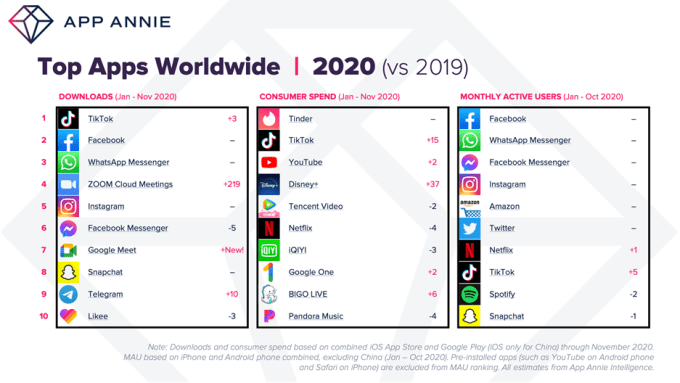News: How DoorDash and C3.ai can defend their red-hot IPO valuations
Last night both DoorDash and C3.ai priced their IPOs above their raised ranges. In simpler terms, both companies provided the market with a target price interval. Then they both raised it and each priced higher than that raised target. The IPO market, even as December races along and winter begins to bite, is red-hot. The
Last night both DoorDash and C3.ai priced their IPOs above their raised ranges. In simpler terms, both companies provided the market with a target price interval. Then they both raised it and each priced higher than that raised target.
The IPO market, even as December races along and winter begins to bite, is red-hot.
The Exchange explores startups, markets and money. Read it every morning on Extra Crunch, or get The Exchange newsletter every Saturday.
But while the new, higher valuations and strong cash hauls from their respective IPOs are great news, they each have a higher bar to cross when they begin to trade later today and over the next few weeks as the market settles on their real value.
 This morning, ahead of Airbnb’s pricing later this afternoon — the home-sharing unicorn will begin trading tomorrow morning, provided all goes according to plan — let’s chat about what the markets are implying about both DoorDash and C3.ai, and what means that each must accomplish in the coming few quarters if they want to not only defend their newly-won valuations, but take them higher.
This morning, ahead of Airbnb’s pricing later this afternoon — the home-sharing unicorn will begin trading tomorrow morning, provided all goes according to plan — let’s chat about what the markets are implying about both DoorDash and C3.ai, and what means that each must accomplish in the coming few quarters if they want to not only defend their newly-won valuations, but take them higher.
Let’s start by calculating new valuations and revenue multiples. This will be fun!
How to keep winning
Let’s kick off with DoorDash, the larger of the two IPOs.
After raising its IPO range from $75 to $85 per share, a price point that already appraised the company far above its final private valuation, DoorDash raised its range to $90 to $95 per share. Then it priced at $102.
The company has a non-diluted valuation of $32.4 billion at that price, a figure that rises as high as $38.4 billion if you include shares that currently exist as unexercised options and the like. For a company worth just $16 billion earlier this summer, its IPO price is a coup.
And given DoorDash’s huge consumer brand, the recent IPO climate, a possibly limited first-day float and the impact of a retail-investing boom, its shares may soar today.
But to defend its new valuation, pop or not, DoorDash has a steep road ahead of it. Investors have valued the firm as if it will not only defend its 2020 growth, but that it will continue to accrete new revenues even as the pandemic subsides as vaccines roll out in 2021.
Recall that COVID-19 took an already-growing DoorDash, accelerated its revenue growth and helping it drive operating leverage against its new scale; the company’s economics seem to improve with scale, a good thing, but one that might worry the more ursine amongst us if one expects consumers to order less food when it’s safer to go outside.
DoorDash is not the only COVID-accelerated company to receive a shiny, new, larger valuation during the pandemic. Robinhood and Instacart are further examples of the trend.







